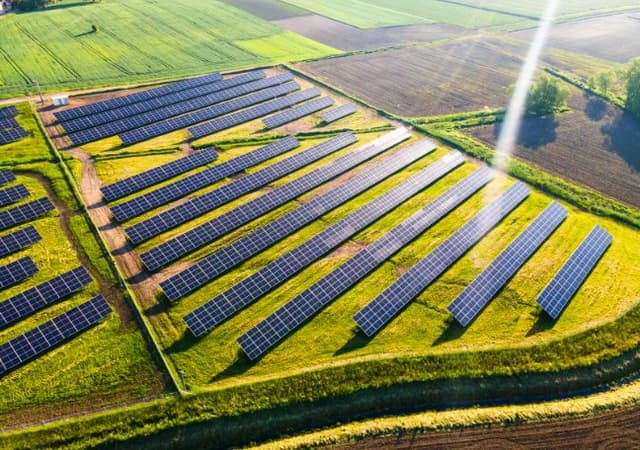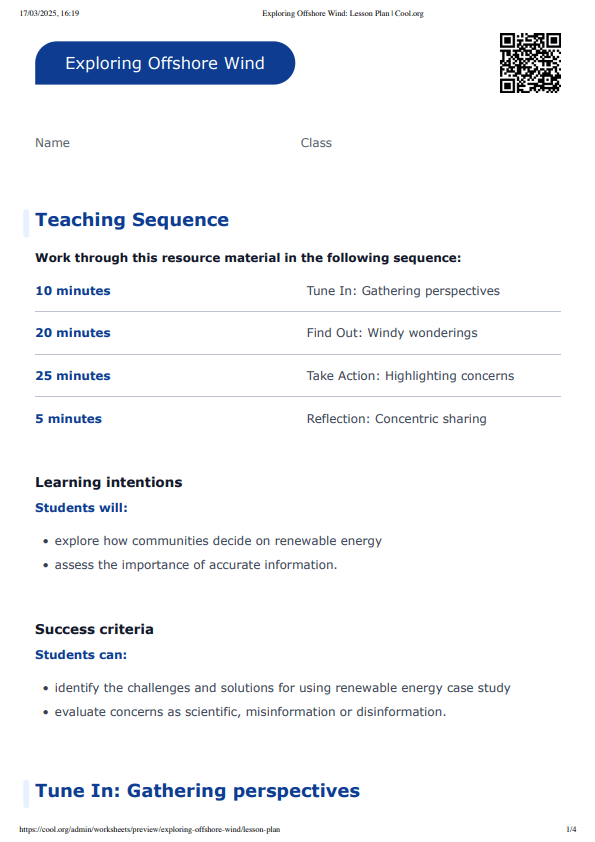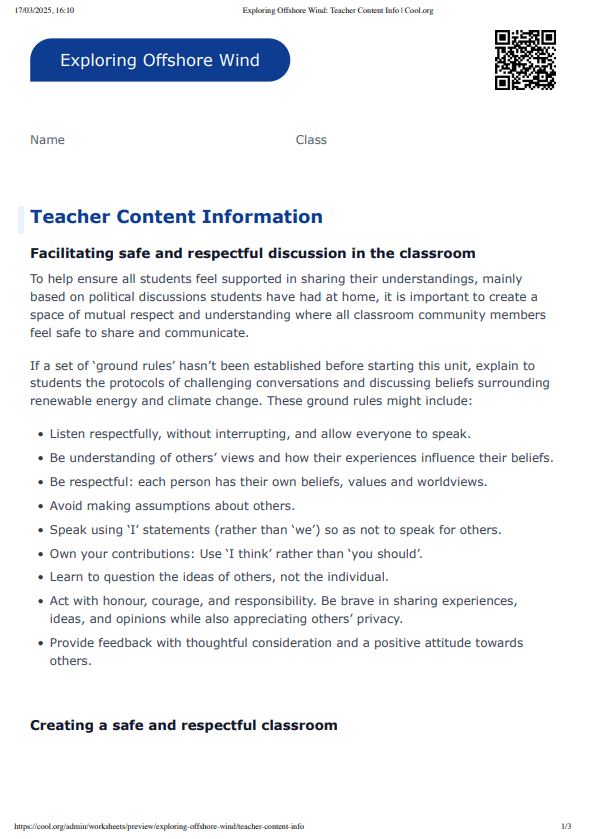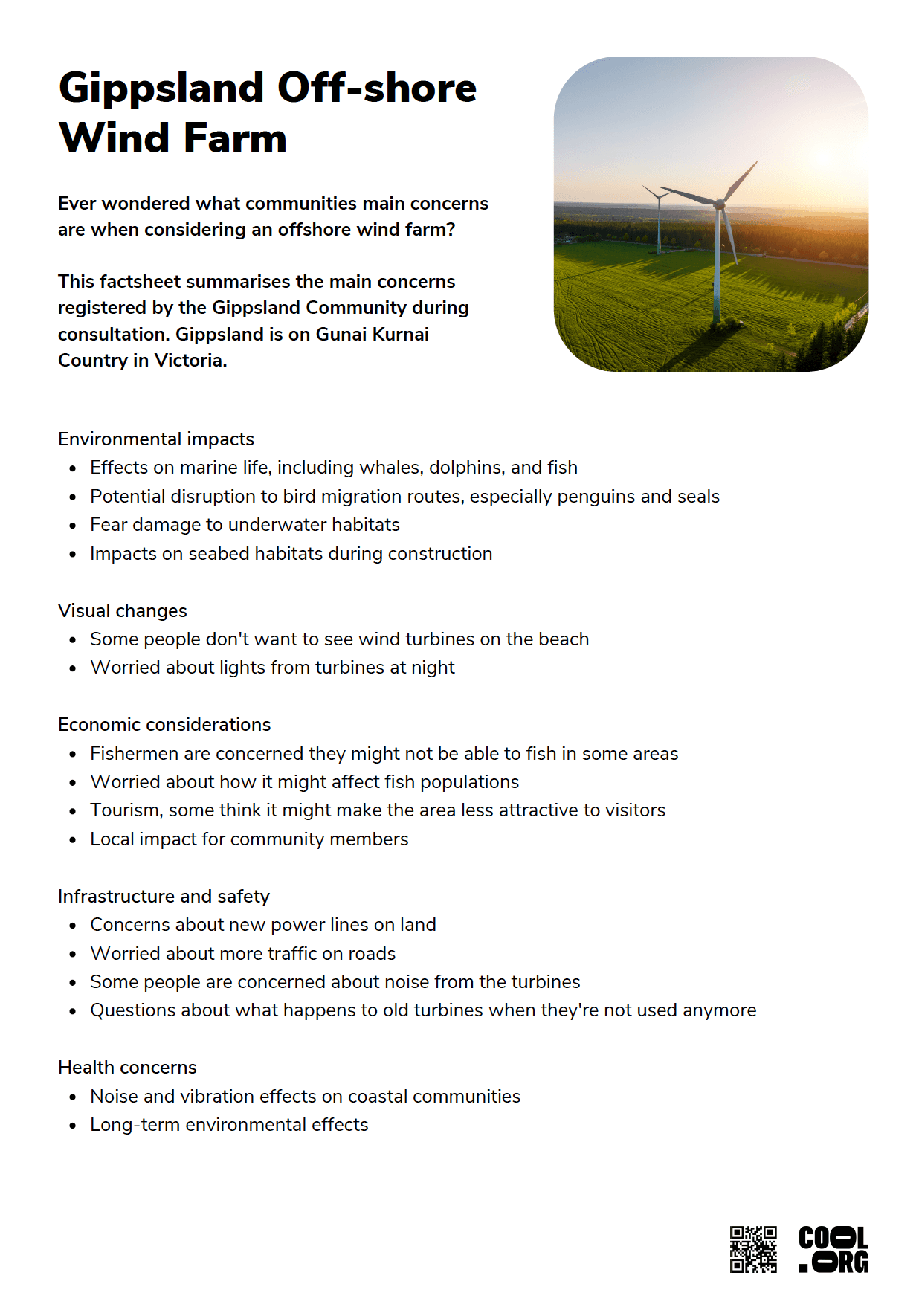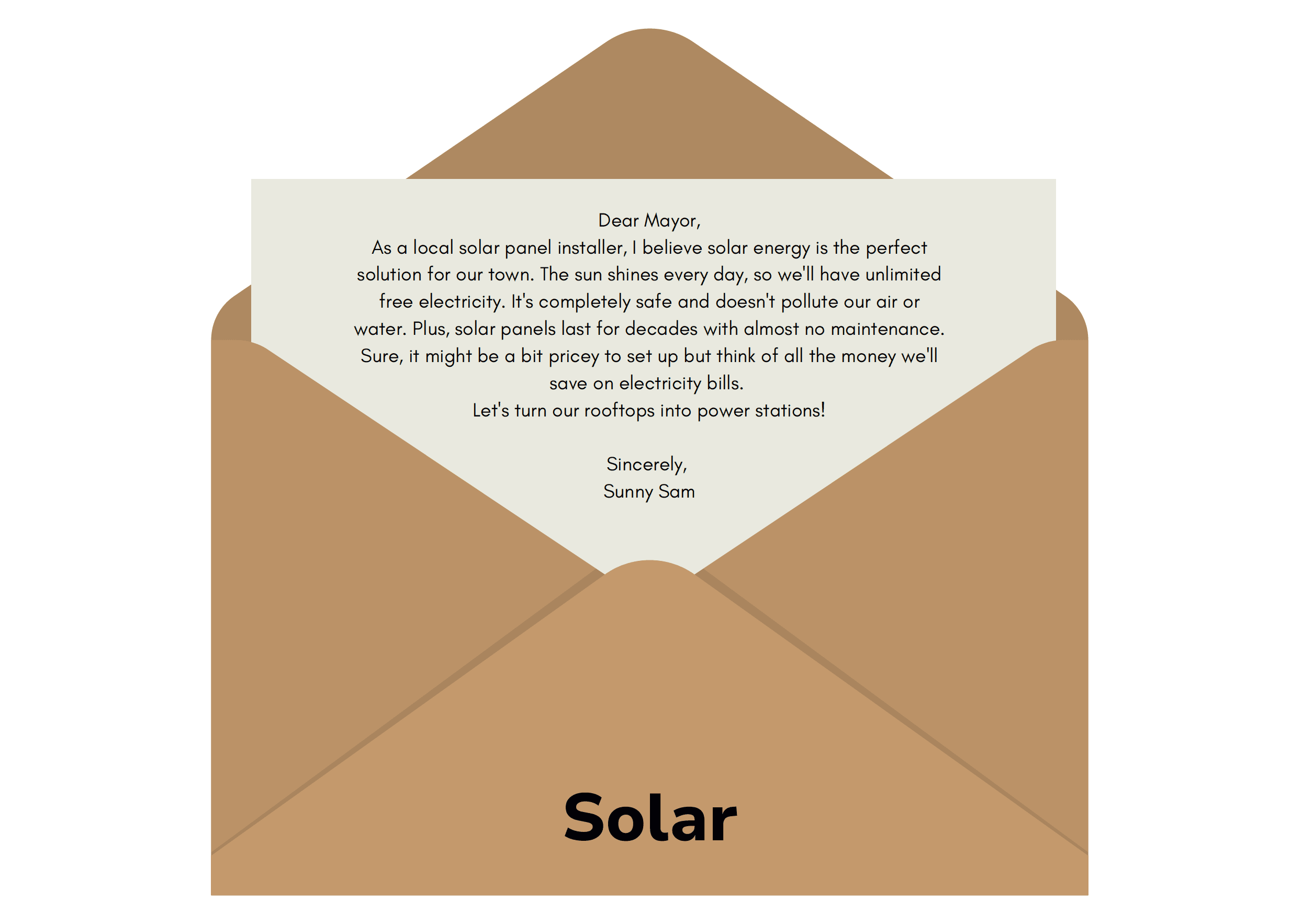Learning intentions
Students will:
- explore how communities decide on renewable energy
- assess the importance of accurate information.
Success criteria
Students can:
- identify the challenges and solutions for using renewable energy case study
- evaluate concerns as scientific, misinformation or disinformation.
